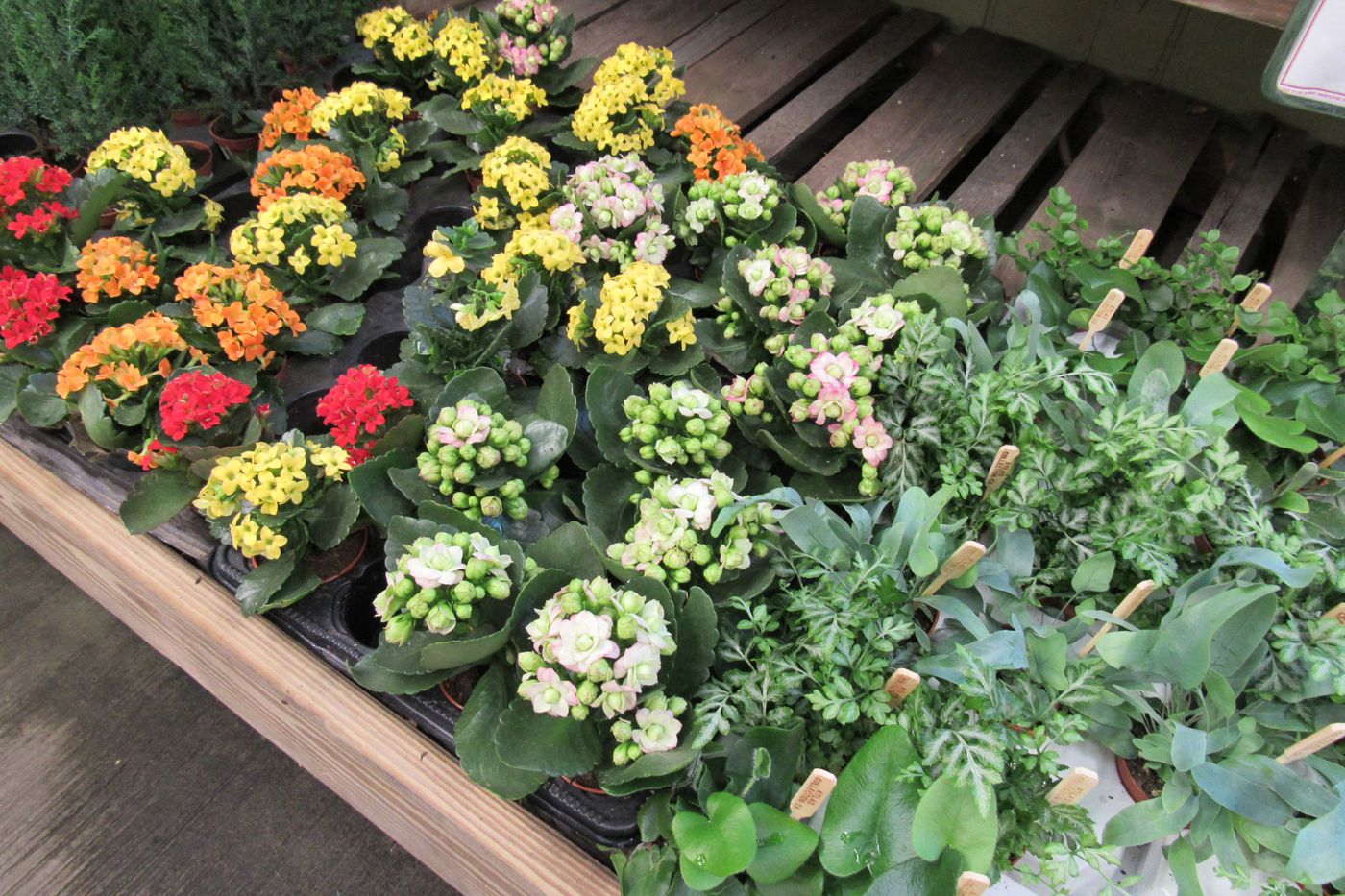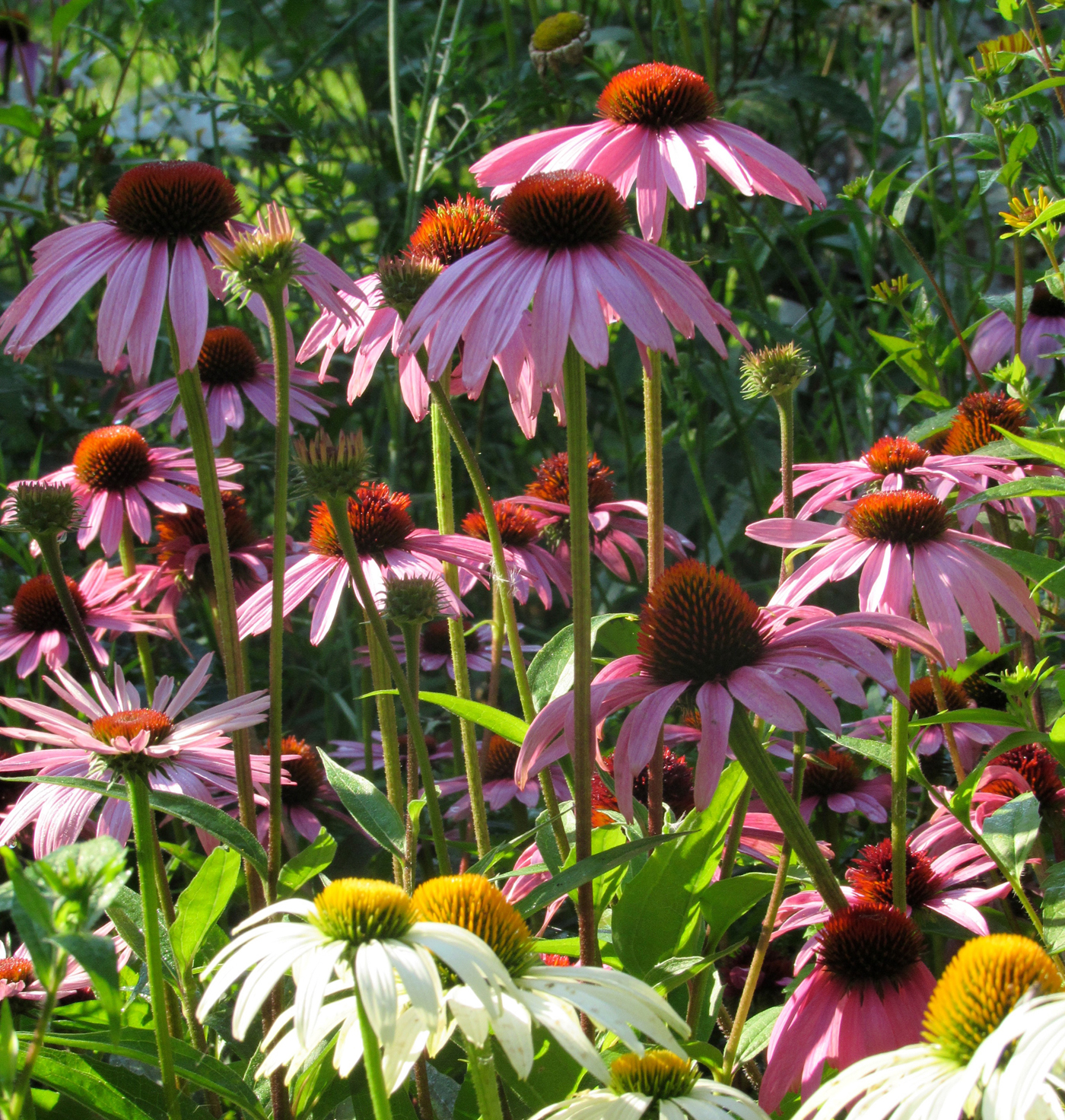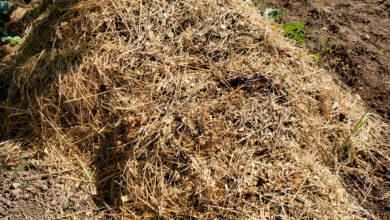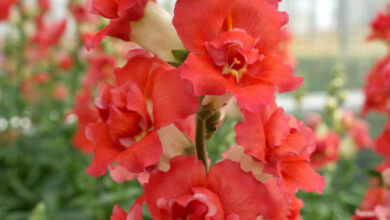Joe’s stories – Spring brings many living things
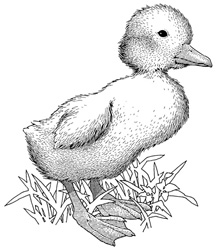
Joe’s stories
Spring brings many living things
Spring is finally showing up around here. The buds and leaves and grass and weeds are literally popping up and out. Birds are building nests and laying eggs. Bees are buzzing.
Growing up on the farm, we always enjoyed this season and looked forward to the living things that would soon be arriving, even though it meant more work for us. There were chicks and ducklings and goslings and piglets that would soon fill up the coops and pens and later the barnyard. Some of the poultry was hatched on site, others were purchased. When our old hens became “broody,” my mother, Anna, quickly put them to work. “Might as well,” she said, because they would stop laying eggs as their instinct directed them to stop laying and just sit on eggs to produce new chickens. It was amazing to see how they would sit there for three to four weeks rarely leaving the nest and when they did, only briefly to get a little feed and water.
Chicken eggs generally take three weeks to hatch. Some duck eggs required four weeks of incubation but the Muscovy ducks we preferred took 5 weeks. Anna would often put a chicken to work sitting on Muscovy duck eggs as it was easier to watch them. The ducks had a habit of hiding their nests or placing them in locations not safe from predators. While chickens aren’t real smart they did have a sense of time. After three weeks passed, the hen knew the chicks should be coming out of the eggs. She would become restless and threatened not to stay on the nest much longer. At that point Anna went into a forced labor mode, putting a cover over the hen to keep her there another week or so.
When they did hatch, the hen seemed to be aware that this brood was not chicken chicks. Nevertheless she would care for these foster chicks as though they were her own despite the frustrations that arose, since ducklings tend to be more active than chicks, love splashing around in water and grow quicker. After a week or two the hen was put back in the chicken coop to get back to producing eggs.
Using a chicken for incubation of duck eggs had the added benefit of keeping the ducklings away from the creek for a while. Mother ducks would leave their nest two or three days after their eggs hatched and head for water, putting the ducklings in danger of being killed by snapping turtles that lived in the creek. On land, however, you had better keep your distance from mother duck and her brood. At any sign of danger, mama would hiss and fly right at you, furiously flapping her wings which could leave quite a bruise on your hand or arm. Of course mother hen and mother goose were also aggressive in protecting their young. It was a lesson in the love all mothers have for their offspring.
The ducklings were the most entertaining to watch as they followed their mother single file around the barnyard and beyond. Once they were four or five weeks old, they became more independent. One of the things they liked to eat was flies and they soon discovered that the cows provided a smorgasbord of them. They would stand under the cows and pick off flies that were on the cow’s legs, sometimes jumping three and four inches up to get them. Lingering too long under the cow was hazardous as she could suddenly decide to lie down. Many times when we entered the barn for morning milking we would find a fuzzy yellow pancake where the cow had been laying. Poor duckling!


